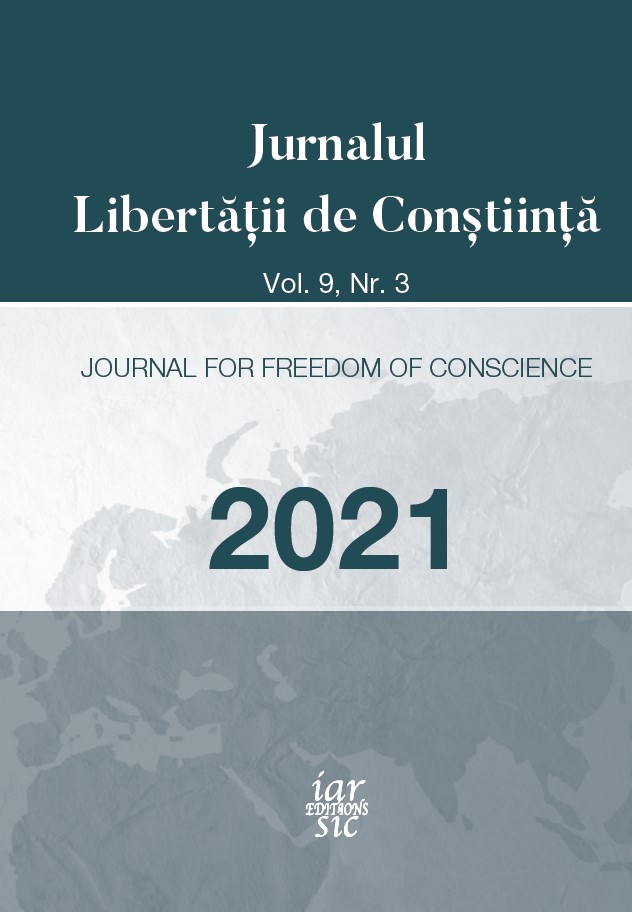HUMAN RIGHTS AND THE ROLE OF HIGHER EDUCATION AND INTELLECTUALS IN THE CONTEXT OF DIGITALIZATION
HUMAN RIGHTS AND THE ROLE OF HIGHER EDUCATION AND INTELLECTUALS IN THE CONTEXT OF DIGITALIZATION
Author(s): Otilia MantaSubject(s): Human Rights and Humanitarian Law, Higher Education , ICT Information and Communications Technologies, EU-Legislation
Published by: Editions IARSIC
Keywords: education; digital technologies; human rights;
Summary/Abstract: The multiple crises we are currently involved in lead us to the elements that have led to the “global learning crisis”. However, current educational trends and challenges related to: expanding access to educational opportunities, including historically marginalized populations, literacy, computing, quality of education, relevance of learning, creating lifelong learning systems and favorable environments, have made that in a period very short the whole learning model to be subject to change. Moreover, according to existing studies at European level, the rapid digitization of the last decade has transformed many aspects of work and daily life. Driven by innovation and technological evolution, digital transformation is reshaping society, the labor market and the future of labor. Employers face difficulties in recruiting highly skilled workers in several sectors of the economy, including the digital sector. Too few adults hone their skills or retrain to fill these vacancies, often because training is not available at the right time and place. The use of digital technologies is also crucial for achieving the goals of the European Green Pact and achieving climate neutrality by 2050. Digital technologies are strong drivers for the transition to a green economy, including the transition to a circular economy and the decarbonisation of energy, transport, construction, agriculture and other industries and sectors. In parallel, it is important to reduce the climate and environmental footprint of digital products and to facilitate the transition to sustainable behaviors in both the development and use of digital products. The education and training system is increasingly part of the digital transformation and can capitalize on its benefits and opportunities. However, it must effectively manage the risks of digital transformation, including the risk of a digital divide between urban and rural areas, in which case some people may benefit more than others. The digital transformation in education is supported by advances in connectivity, the widespread use of digital devices and applications, the need for individual flexibility and the growing demand for digital skills. The crisis caused by the COVID-19 pandemic, which severely affected education and training, accelerated change and provided a learning experience. In this paper we aim to reflect the defining elements of the global learning crisis, but especially to present Digital Education Action Plan, adopted in 2018, the EU and which directly influences our learning process in the current and future 2021-2027.
Journal: Jurnalul Libertății de Conștiință
- Issue Year: 9/2021
- Issue No: 3
- Page Range: 444-474
- Page Count: 31
- Language: English

